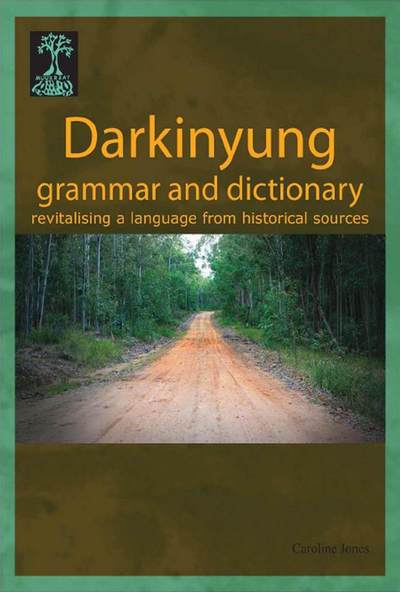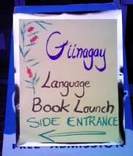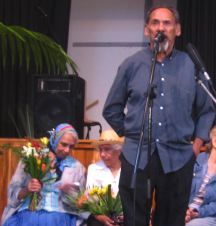Today is the sixtieth anniversary of the Universal declaration of human rights (UDHR). On the UN’s website you can find translations of UDHR in 337 languages. Given Ethnologue‘s current claim of 6,912 living languages, there’s a long way to go. But they claim it is the “most translated document in the world” (I’d’ve thought Genesis probably beat that). Recent additions include Seselwa Creole French, Sierra Leone Krio and Cook Islands Maori. And you can hear it read in 60 plus languages [1] on the World Voices site. They’re mostly large languages, apart from Chamorro, Gaelic and Icelandic, and there are no Indigenous Australian languages – not surprising, since translating it would not be easy.
According to Amnesty Australia, “Australia is the only Western democracy without a Human Rights Act or similar human rights protection”. They are running a campaign for human rights protection. Ditto Get-Up. An Amnesty supporter, Julian Burnside, writes:
“I once shared the formerly popular view that we don’t need a Human Rights Act in Australia, but events of the past decade convinced me otherwise. They revealed that we cannot rely on our rights being protected by the common law. In Australia’s constitutional democracy, the parliaments are able to set aside the common law if they choose to do so.” Human Rights Defender 27,4, Dec. 2008-Feb.2009: p.9.
So, to language rights. These have come to attention recently with the decision by the Northern Territory Government to introduce a standardised curriculum into primary schools which will make it difficult to run properly managed bilingual programs using Indigenous languages as the medium of instruction. “The first four hours in English”, a few words uttered by a Minister in Parliament, can change irrevocably how Indigenous children experience school, and the use of their languages in school, and will probably cause the irreversible loss of their first languages.
The Minister could not have made a decision so quickly, if Australia accorded recognition to Indigenous languages officially. She would have had to consider the educational evidence for and against using the Indigenous language as a medium of instruction, and there would have been public debate before the policy could be implemented. This would have been an excellent thing, because there is no magic bullet for improving Indigenous children’s knowledge of spoken and written English. It has many many causes, from massive hearing loss, to poverty, to truancy, to lack of good ESL teaching, to failure by Governments to spend equitably on Indigenous communities. But bilingual education isn’t one of the causes.
There’s a stupid opposition made in the media between ‘a rights agenda’ and ‘basic services’. As if pushing for recognition of human rights somehow gets in the way of providing basic services. In fact, what recognition of human rights does is require governments to reflect a little before forming policies which damage human rights.
UNESCO has a general site on language rights. Here’s Australia’s position as I see it. Corrections, improvements etc gladly received!
Read more
 Follow
Follow



